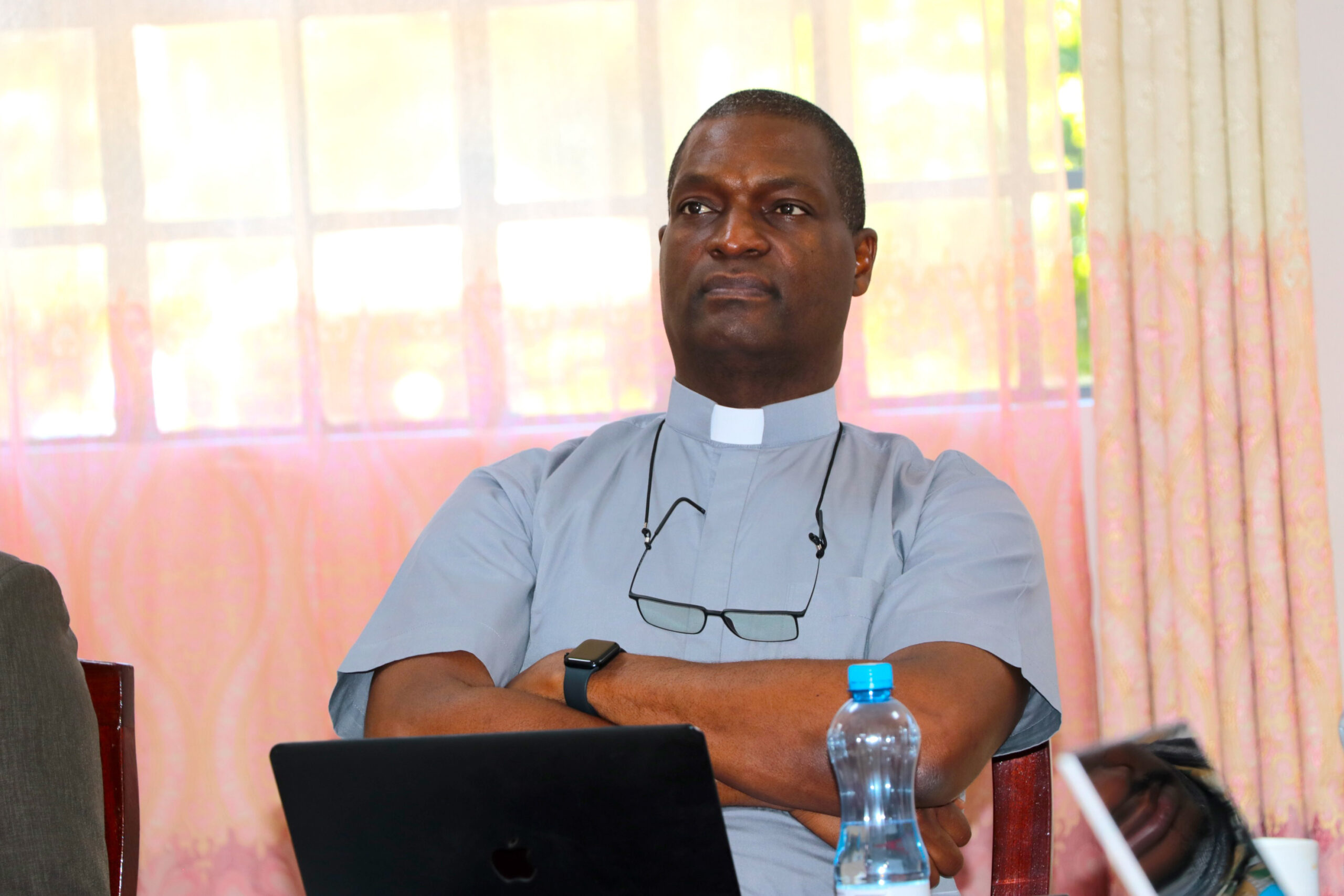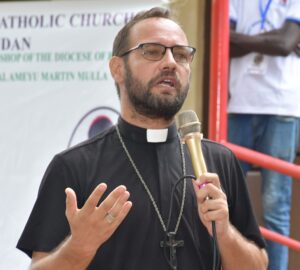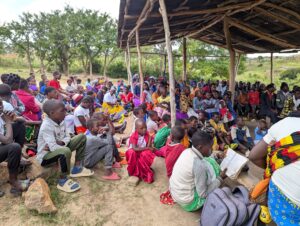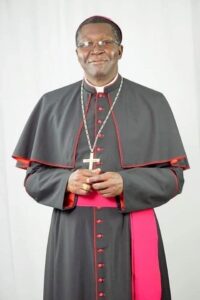AMECEA: Let us Strengthen Catholic Efforts Against Religious Extremism in The Region: AMECEA Communication Coordinator

Sr. Henriette Anne, FSSA
During the Association of Members Episcopal Conference in Eastern Africa (AMECEA) region deradicalization workshop held from February 1oth to 15th 2025, at Donum Dei, Fr. Andrew Kaufa the Communication Coordinator at AMECEA highlighted the Catholic Church’s ongoing response to fostering peace, and dialogue since 18th AMECEA Plenary Assembly in Addis Ababa, Ethiopia, and emphasized that dialogue, collaboration, and peacebuilding as a way of fostering peace.
In his presentation on “Strengthening Catholic Response to Radicalization and Religious Extremism and Conflicts in AMECEA Region”, Fr. Kaufa noted that the bishop’s resolution in Addis Ababa called for a greater effort to promote peaceful coexistence among the people in the context marked by radicalism, violence and religious extremism.
Sharing on the key outcome of last year interfaith gathering to address radicalization, Fr. Kaufa said, “dialogue with Islam and other religions is about understanding things from inside the spirituality of the other, at a deeper level”.
The Malawian-born member of the Montfort Missionaries (SMM) also pointed out the global milestones in interfaith collaboration, including the 2019 Human Fraternity for World Peace and living Together declaration signed by Pope Francis and Grad Imam Ahmed AI-Tayyed which emphasized on the importance of dialogue, mutual cooperation, and respect for human dignity, and the 2024 Joint Declaration of Istigal, signed by Pope Francis and great Imam Nassarudin Umar which further affirmed the Catholic Church commitment to advocate for peace.
Fr. Kaufa further noted that the recent Synod on Synodality reaffirmed the Church’s Mission to engage in interfaith dialogue in multicultural and multireligious context.
“The Synod on Synodality insisted that ‘fostering mutual understanding and cooperation among and with different faiths are new way of being Church in an increasingly multi-cultural and multi-religious environment”.
Despite significant progress, Fr. Kaufa acknowledged that several challenges complicating interfaith dialogue still remain.

He continued, “For instance, the fact there are differences even among Muslims due to two different theological schools within Islam, can make interreligious dialogue a far-fetched dream.”
According to a 2024 workshop that was organized by the Vatican’s Dicastery for Interreligious Dialogue in Nairobi, studies on interreligious dialogue show “a growing consciousness and quest for revitalization of Islam and unity of all Muslims especially among the younger educated generation of Muslims, but also the fact that despite many Africans adhering to Islam or Christianity, they are still rooted in African Traditional Religious (ATR) and cultural practices. Furthermore, there is political and economic instrumentalization of religion in Africa, especially Christianity and Islam: these too are important observations in the efforts towards religious tolerance and peaceful coexistence among Muslims and Christians.
Fr Kaufa has called upon the participants at the workshop to help the Catholics in their conferences to embrace dialogue as a new way of fostering a culture of encounter, of living together as a human family, underscoring what Pope Francis and Synod on Synodality affirm that the interreligious approach to multi-religious contexts offers to the Church an opportunity the potential to positively influence the society.
“Dialogue, encounter and exchange of gifts, typical of a synodal Church, are calls to open out to relations with other religious traditions, with them of “establishing friendship, peace, harmony and sharing spiritual and moral values and experiences in a spirit of truth and love”.


